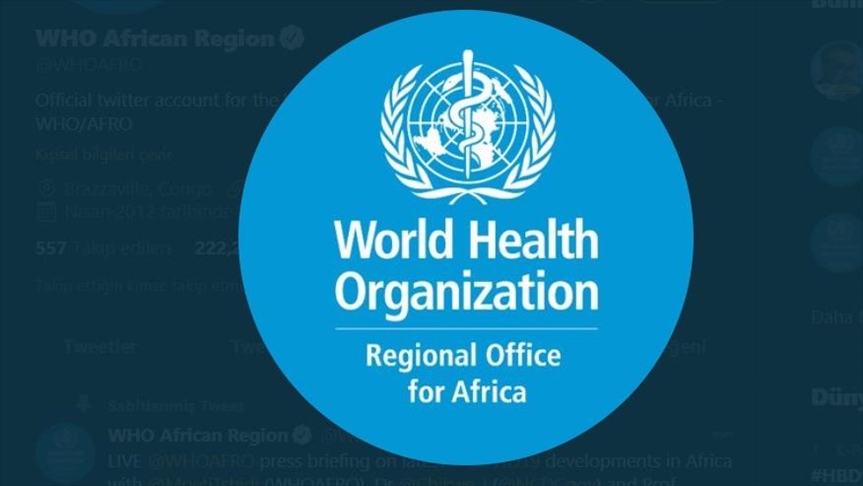By Asmau Ahmad
Climate-related health emergencies are on the rise in Africa, accounting for more than half of between 2011 and 2021 compared with the previous decade. public health events recorded in the region over the past two decades, a new analysis by the World Health Organisation (WHO) has revealed.
The analysis found that of the 2,121 public health events recorded in the African region between 2001 and 2021, 56 per cent were climate-related. The region is witnessing an increase in climate-linked emergencies, with 25 per cent more climate-related events recorded
World Health Day is being marked on 7 April under the theme “Our Planet. Our Health.”
In a statement by WHO Regional Office for Africa in Brazzaville, Congo, the UN body calls on governments to, among other recommendations, prioritise human well-being in all key decisions, stop new fossil fuel explorations and subsidies, tax polluters, and implement WHO air quality guidelines.
“Climate change is one of the greatest threats to humanity. The entire foundation of good health is in jeopardy with increasingly severe climatic events.
“In Africa, frequent floods, and water- and vector-borne diseases are deepening health crises. Although the continent contributes the least to global warming, it bears the full consequences,” said Dr. Matshidiso Moeti, WHO Regional Director for Africa.
The WHO analysis found that water-borne diseases accounted for 40 per cent of the climate-related health emergencies over the past two decades in Africa, adding that diarrhoeal diseases are the third leading cause of disease and death in under-five children.
It noted that a significant proportion of these deaths is preventable through safe drinking water, adequate sanitation, and hygiene.
The analysis also showed that vector-borne diseases, notably yellow fever, accounted for 28 per cent of the climate-related health emergencies, while zoonotic diseases, specifically Congo-Crimean haemorrhagic fever, were the third most prevalent.
Congo-Crimean haemorrhagic fever is a viral disease transmitted to people from ticks and livestock and has an outbreak fatality rate of up to 40 per cent.
“Natural disasters have also spiked dramatically since 2010, with 70 per cent of all-natural disasters occurring between 2017 and 2021. Floods were the most frequent event, accounting for 33 per cent of all the reported natural disasters.
“Africa is also grappling with other significant health impacts linked to climatic shocks including malnutrition and hunger due to adverse weather on agricultural production, long-term health and development challenges in children, as well as other infectious diseases such as malaria.
“In Africa, climate change is likely to expand the range of malaria high-risk zones, according to a report by the Netherlands-based Global Centre on Adaptation. Even though malaria mortality has decreased from 840,000 deaths in 2000 to 602,000 deaths in 2020, the disease remains a major health challenge on the continent,” WHO said.
Climate change impact is also likely to slow the progress against hunger, with an additional 78 million people in Africa facing chronic hunger by 2050, according to the report.
“WHO is supporting countries to reinforce their health systems to adapt, be more resilient, and better cope with climate-linked emergencies. The measures include assessing health system weaknesses, and developing and implementing measures to cushion people’s lives and health from the adverse consequences of climate-related health crises.
“The organisation is also assisting governments to ensure that their ministries of health can effectively coordinate, improve understanding and monitor climate change risks and impacts on health. Progress is being made. For instance, in Ethiopia, Malawi, Mozambique, and Tanzania, WHO has worked with the health authorities to set up an early warning and response system to predict the risk of vector- and water-borne diseases and respond effectively.
“WHO takes a ‘One Health and All Hazards’ approach to climate-related public health events. The approach is based on the premise that human, animal, and ecosystem health are interconnected and requires a coordinated approach to tackle and resolve the challenges.
“As such WHO works closely with experts and partner organisations in the public, animal, plant, and environmental health to reduce public health risks attributable to climate change,” it noted.


